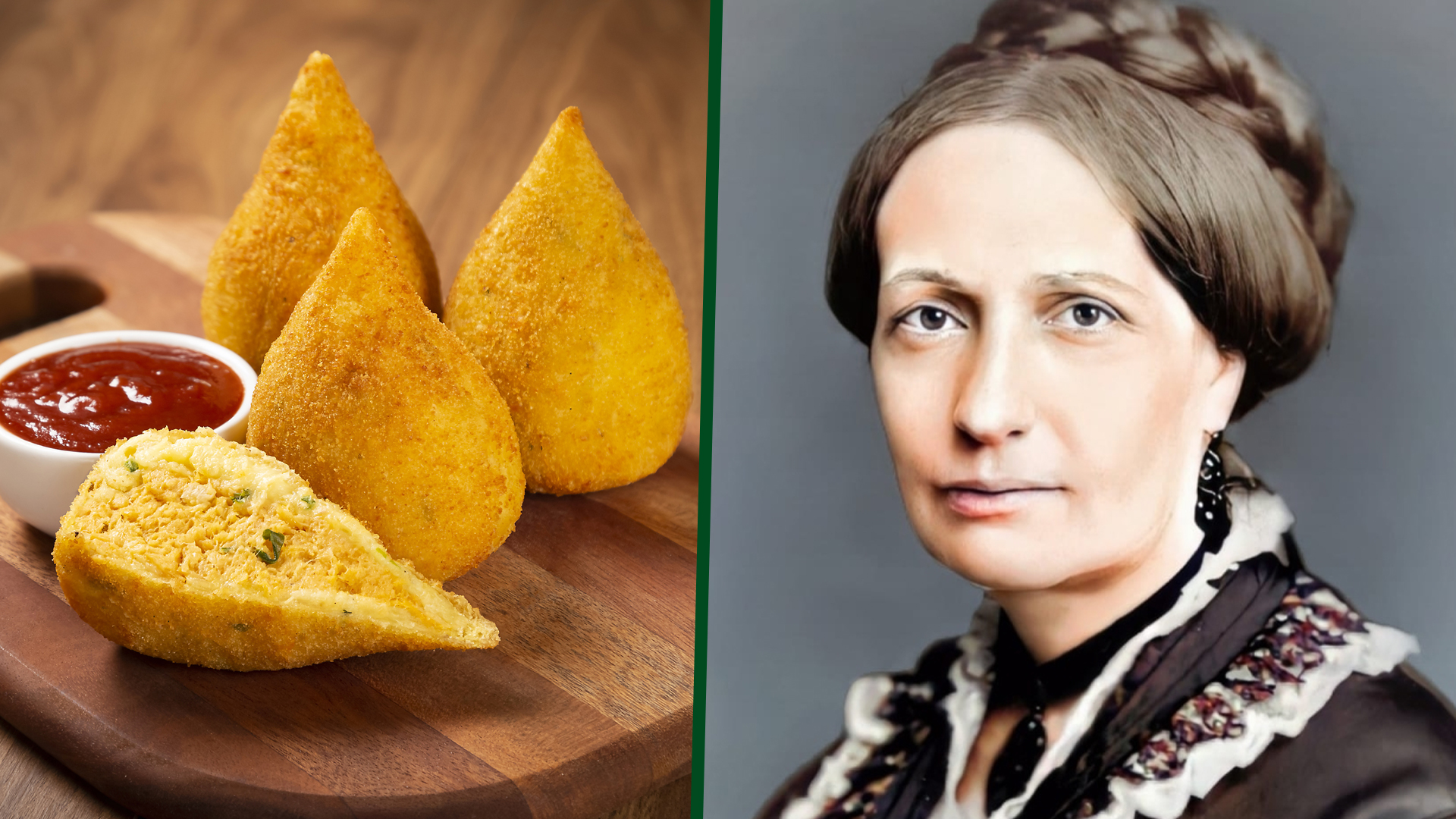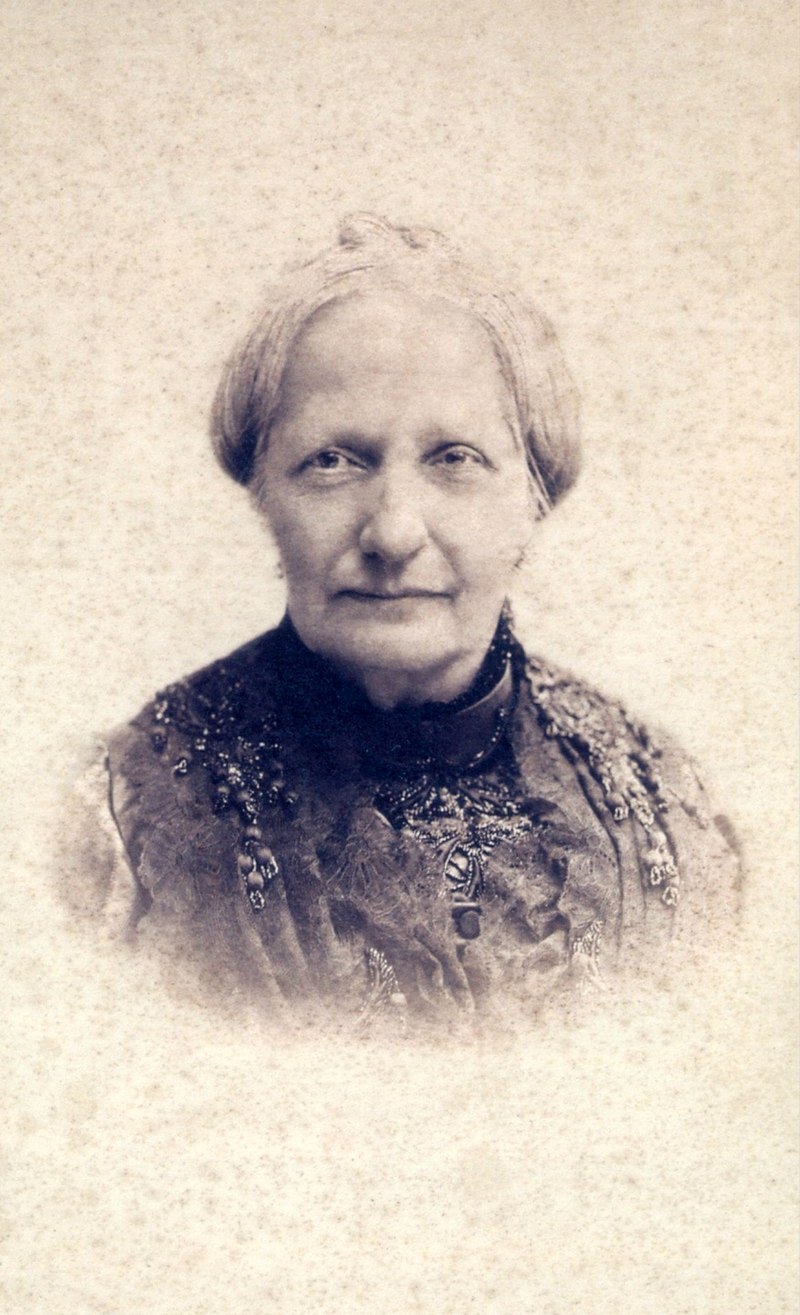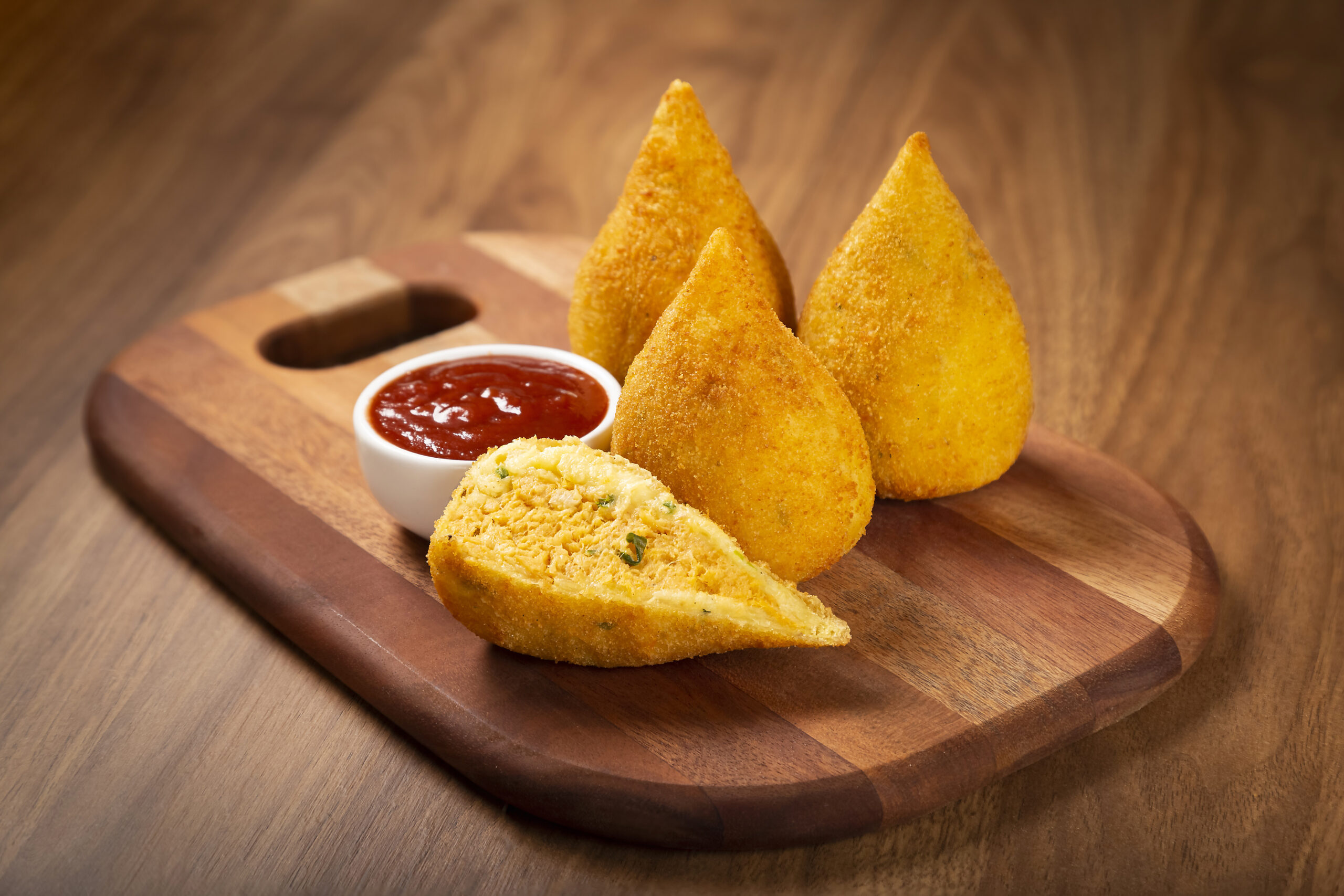Emperor Dom Pedro II and Empress Dona Teresa Cristina were simple individuals, averse to any kind of luxury, and palace meals were characterized by frugality. The Emperor’s favorite dish, always present in every meal, was soups, especially a succulent chicken broth. It seems that this preference was some kind of genetic inheritance, as his great-grandmother, Queen Dona Maria I of Portugal, was also a lover of chicken broth, just as his grandfather, King Dom João VI, delighted in roasted chicken thighs.

In this regard, it is told that the eldest son of Princess Imperial Dona Isabel, then Prince of Grão-Pará, Dom Pedro de Alcântara, with a strong temperament, also enjoyed chicken thighs, but fried. Once, His Highness was late for a snack, and fried chicken pieces were served.
As the Prince of Grão-Pará was not present, his younger brothers, Princes Dom Luiz and Dom Antonio, each helped themselves to one of the thighs. When the older brother arrived and realized that the coveted thighs were no longer there, he began to cry – children are always children! – and complained to his grandmother, saying that his brothers had not respected his “right of primogeniture.”

The Empress, as always, with a smile, listened to everything and reassured her grandson, saying, “Go play a little more, and Grandma will fix it.” Grandmothers are always grandmothers! Her Majesty indeed found a solution: she shredded some chicken breast, made a dough with wheat flour, mixed it with the shredded chicken, coated it in bread crumbs, molded it into thigh shapes in her hands, placed a small bone at the tip, and fried them in a pan.

In just a few minutes, the “chicken thigh” was born, ready to be enjoyed by the young Prince of Grão-Pará. It was a great success, and His Highness could even mock his brothers, saying that “Grandma’s chicken thigh” was much tastier. From then on, the three Imperial children only wanted to eat “the chicken thigh made by Grandma for little Pedro” during snack time.
The Imperial origin of coxinha, so popular in snack bars today, has been narrated from mouth to mouth since the end of the Empire until the early years of the 20th century, gradually fading into oblivion with the passage of time. However, the true fact remained recorded.
Reference: TJADER, Rogerio da Silva. Sua Majestade Imperial D. Thereza Christina Maria de Bourbon e Bragança – A Mãe dos Brasileiros. Brazil: Duboc, 2016.

Matheus Araújo
Matheus Araújo is the founder and editor of Brazilian History. Born in Rio de Janeiro and holding a degree in Advertising and Marketing, his passion for history led him to enroll at the Federal University of the State of Rio de Janeiro, where he is currently pursuing a degree in History Education.
